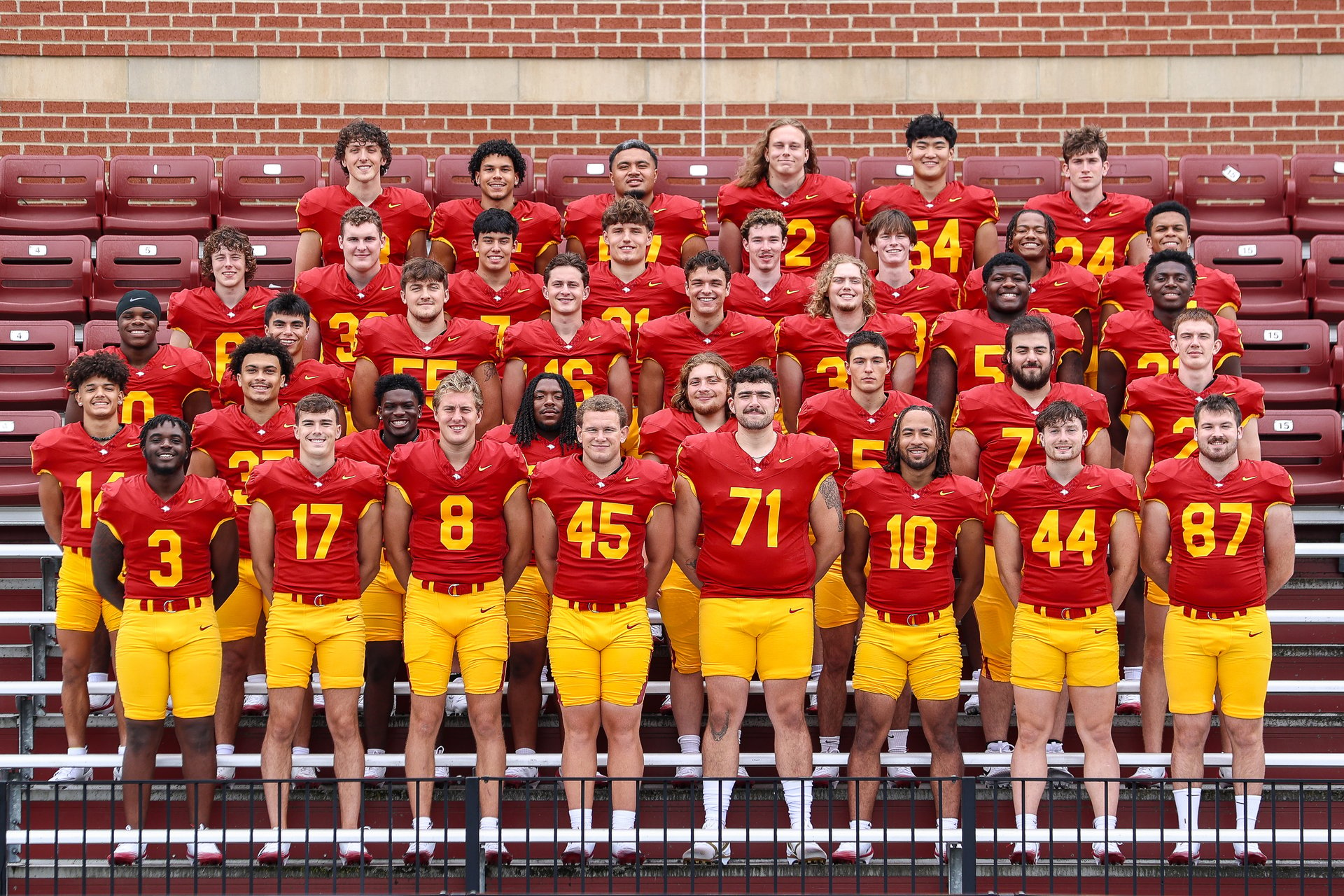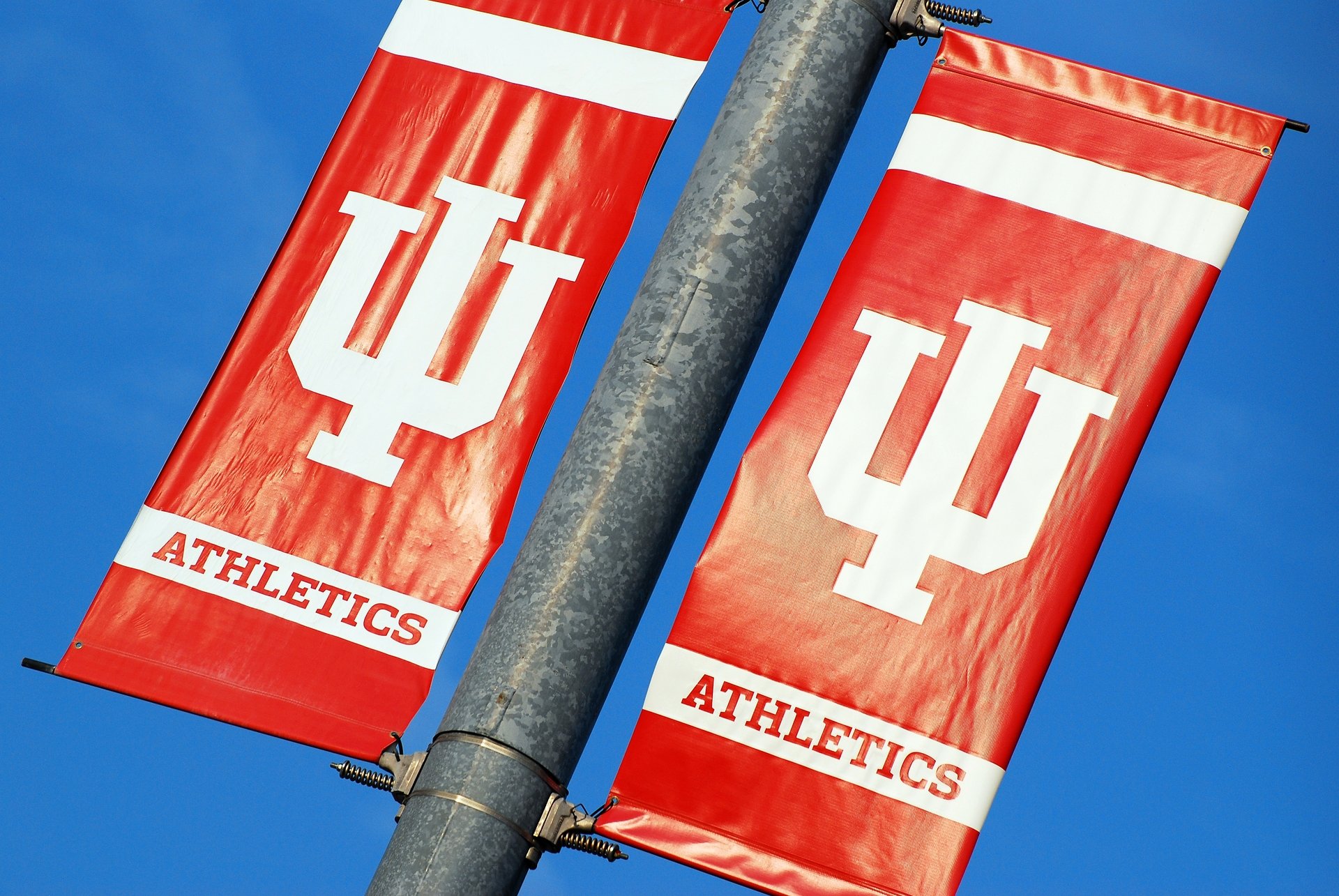Good morning, and thanks for spending part of your day with Extra Points.
Not everybody is thrilled with the proposed settlement in House v NCAA. While the settlement terms are supported by the NCAA, major conferences and plaintiff attorneys, other groups have raised objections. Three different lawyers representing different classes of athletes have objected to various components of the settlement. Last week, we had a guest author point out that the objections raised by a group of collegiate rowers is the most interesting and perhaps most consequential.
But now, other groups are getting involved.
On Thursday, the National College Players Association, an athlete-rights advocacy group headed by Ramogi Huma, released a statement saying they oppose the proposed House settlement, and will “will work to get this settlement rejected.”
Why would an athlete-rights group oppose a settlement that would allow colleges to share millions of dollars in revenue with athletes and require them to pay millions more to previous athletes in back damages?
For several reasons. Via the release:
The settlement allows the NCAA, conferences, and colleges to collude to ban any revenue sharing if athletes on any team are deemed to have the right to collectively bargain…The settlement would phase out full athletic scholarships (head count scholarships) and replace them with partial scholarships (equivalency scholarships) that can fall below current full scholarship levels.
Additionally, the settlement allows the conferences and NCAA to collude to ban all NIL money from collectives that would pay athletes based on their status on their team. This would snuff out a thriving collective NIL marketplace that is already set to pay athletes approximately over $1.3 billion this year and $2.1 billion next year (based on “Opendorse NIL at 3” report) in exchange for possibly receiving $0 in revenue sharing.
“Shutting down the money from collectives is a central part of the settlement and is an attempt at allowing colleges to re-monopolize booster money. Before NIL, boosters could only pay the colleges to try to give their favorite program an advantage. The colleges want that money back,”
Essentially, the NCPA sees the settlement as creating other arbitrary caps on revenue sharing and spending, a CBA without being collectively bargained like an actual CBA. That the settlement offers terms that are more generous than the status quo is not enough, if the settlement makes it harder for athletes to organize and agitate for more in the future.
But there are lots of college athlete activist organizations, and everybody has run into the same problem so far…fighting for athlete rights in the courtroom, and fighting for athlete rights via organization, are two different things.
But the NCPA might have a tool in the toolbox that other organizing groups haven’t had before….and yes, it relates to the video game.
Let me explain.


















